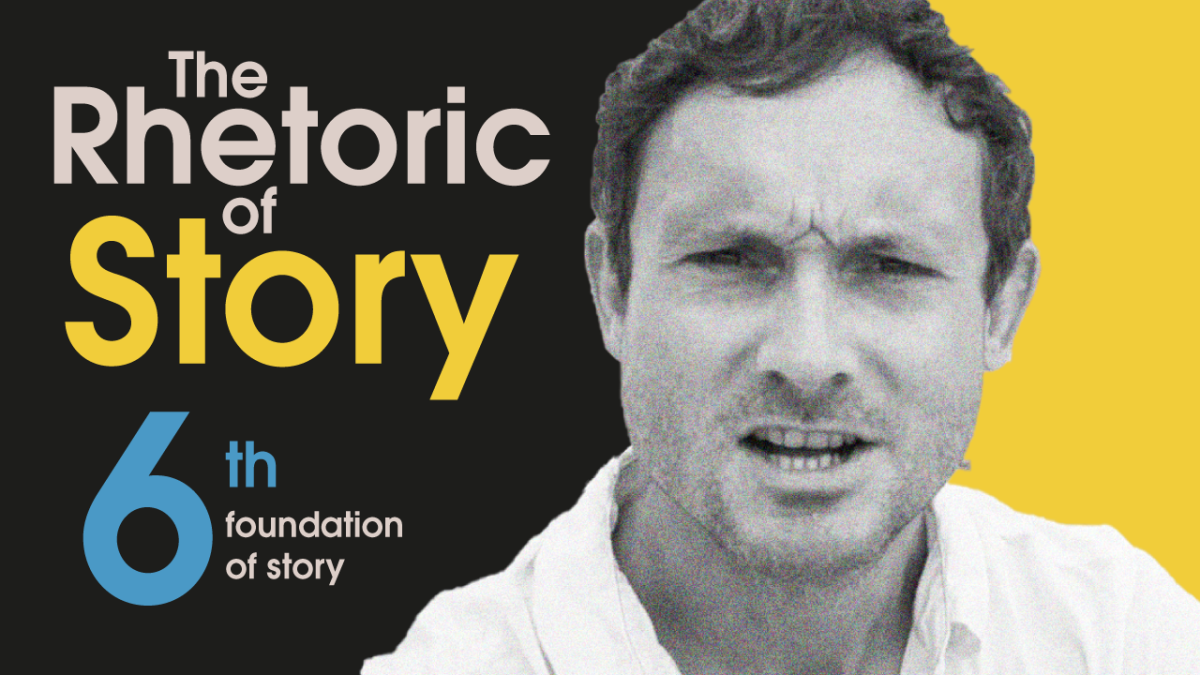Self – the engine of story
This lecture in the Rhetoric of Story explores the second of seven foundational elements of storytelling – self. The key ideas introduced in this lecture are:
- every story has at its heart a hero, a protagonist, a central character – a self.
- we make sense of the world by telling a story about it and placing our self at its centre
- to know the world, we have to know our self
- the self is motivated by a great desire
- desires can be conscious and unconscious
- a great desire leads to great motivation
- we are fascinated by how people become someone new
Subscribe to get access
Read more of this content when you subscribe today.
READING
True and False: Heresy and Common Sense for the Actor is a short treatise by David Mamet on the practice of theatre, drama and storytelling. Mamet’s forthright style is refreshing, and his attitude to the creative life, that it should be engaged with 100% or not at all, is a challenge to all artists.
EXERCISE
How well do you know yourself? Consider your own life; where you were born, who your family were, the events that have shaped you. Pick a major event from early in your life. What were your conscious desire(s)? What might have been your unconscious desire? In 1000 words, tell the story of that event from your point-of-view.
Follow the full course on damiengwalter.com
Join the Rhetoric of Story on all good education platforms
- Monthly subscription
- Full access to all courses
- Talks and exercises








When I signed up for membership in the Damien Walter site, I was under the impression that I would have full access to all of his courses. It appears that is not the case and that it only included the podcast and Rhetoric of Story series. Do I still have to sign up for the Fiction Writing 101 and other courses individually?
LikeLike
You should have access to everything. Are you signed in?
LikeLike